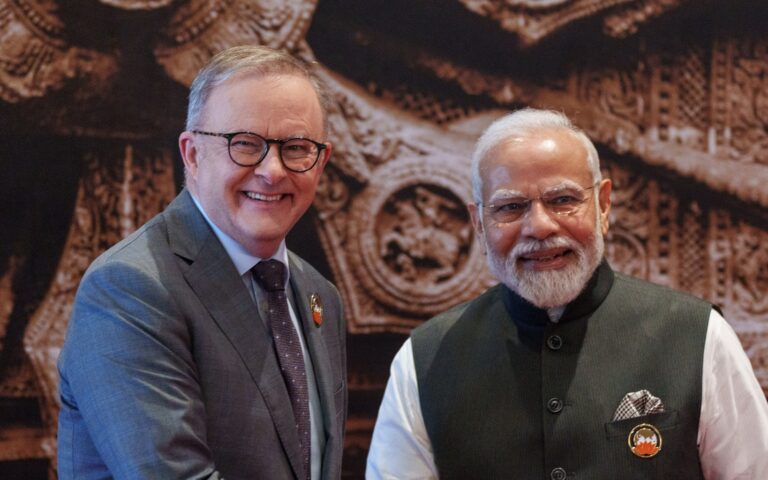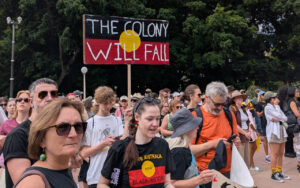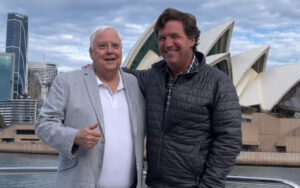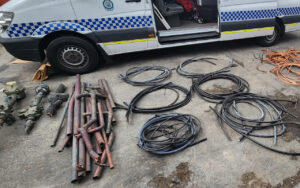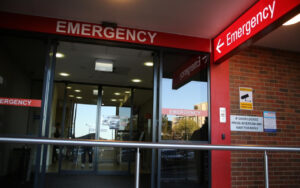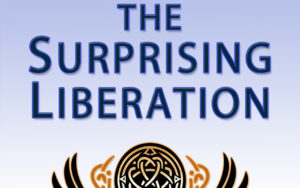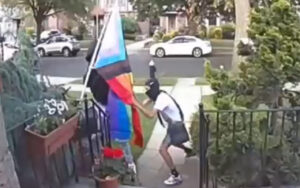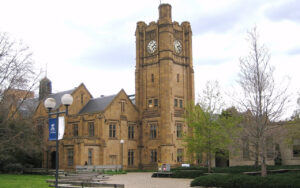Last December, Anthony Albanese unveiled plans aimed at reducing immigration levels into Australia to sustainable levels. This implicitly suggested that the existing numbers were not sustainable.
However, recent ABS data revealed that February saw a staggering 123,000 long-term overseas arrivals, indicating that immigration rates are now higher than ever before, despite Australians being promised the opposite.
The federal government also announced its intention to overhaul the points test for skilled migrants, which determines eligibility for entry into Australia, in response to the decision to decrease immigration figures, but the numbers do not look promising there either.
According to the latest census data, 41% of all migrants who came to Australia were not suitable for any skilled work role. 11% could not speak English proficiently and 56% of all migrants plan to make either Sydney or Melbourne their home, cities where residents are copping it the hardest from rent increases and lack of housing availability.
These so-called “overhauls” that were announced by the government were meant to be implemented to help fix the “badly broken” immigration system.
This was Mr Albanese, back in December last year: “What we know is that we need to have a migration system that enables Australia to get the skills that we need but make sure the system is working in the interests of all Australians.”
Home Affairs Minister Clare O’Neil said a reformed points test would help to improve our immigration system.
“Our goal is to build a smaller, better planned, more strategic migration system that works for Australia,” she said.
To date, nothing has been implemented and no changes have been seen, and instead we’re seeing what appears to be a record-breaking number of migrants entering Australia.
Our immigration levels have put downward pressure on wages, and upward pressure on house and rental prices.
According to Migration Watch Australia, this is “making the average Australian poorer, lowering GDP per capita”.
“Immigration is hugely expensive for taxpayers relying on endless infrastructure and public services to keep up with growth.”
On Monday, Darrin Barnett, ex-Labor prime minister Julia Gillard’s former press secretary, said the debate around migration in Australia was “multifaceted” in an appearance on Sky News Australia to discuss whether migration levels should be reduced.
“Whether we like it or not, education is a big money spinner for Australia,” he said.
“The universities make a lot of money, and, therefore, the economy makes a lot of money off students being in Australia.”
